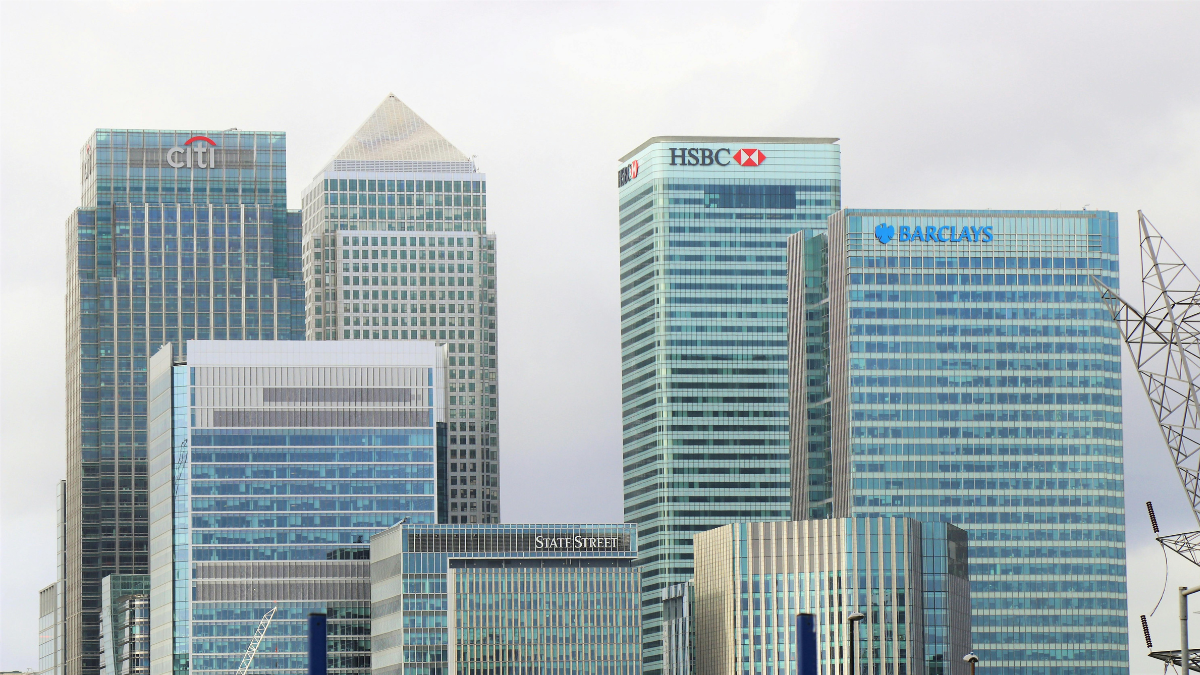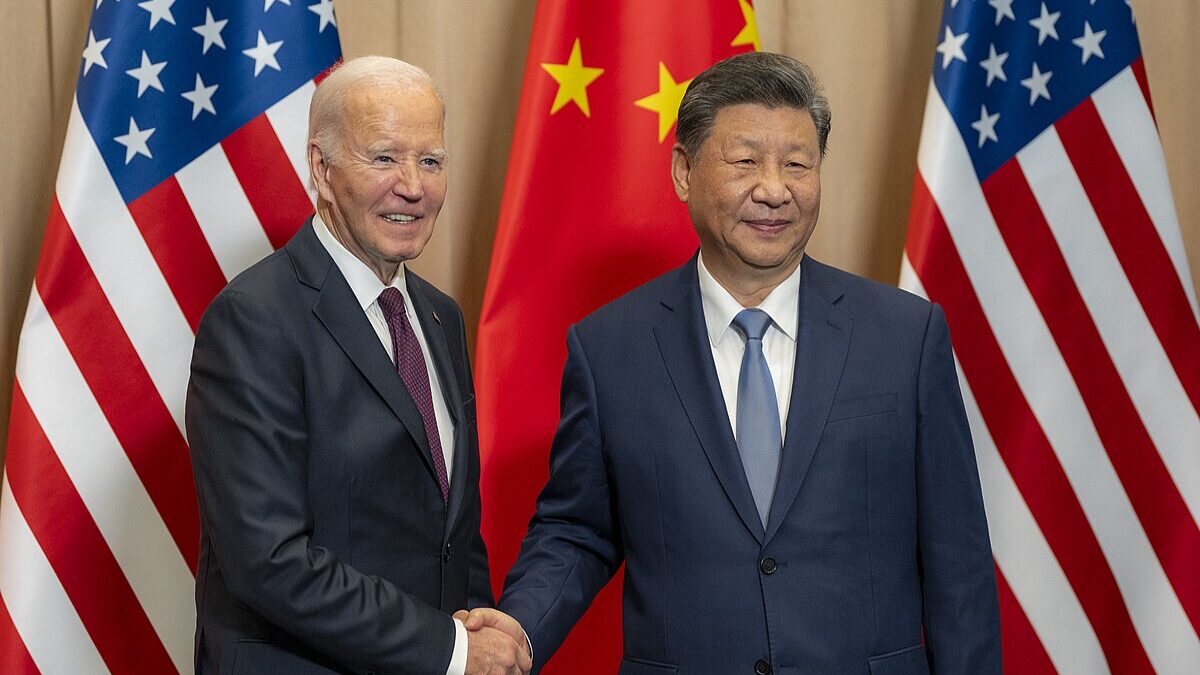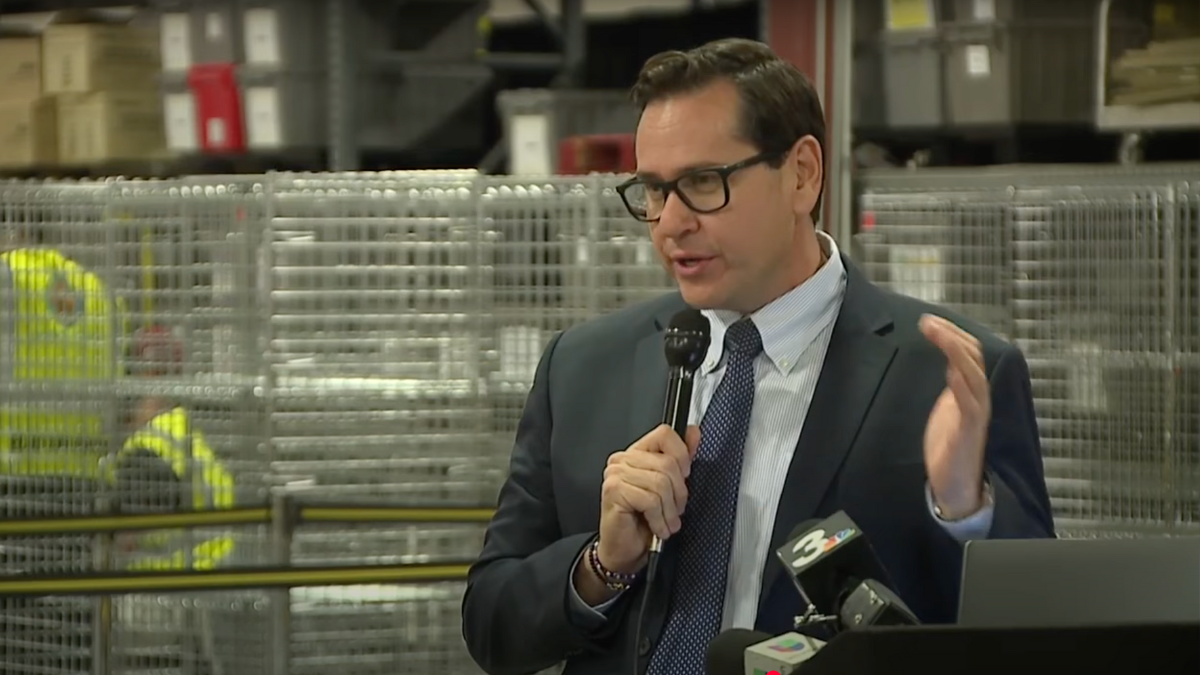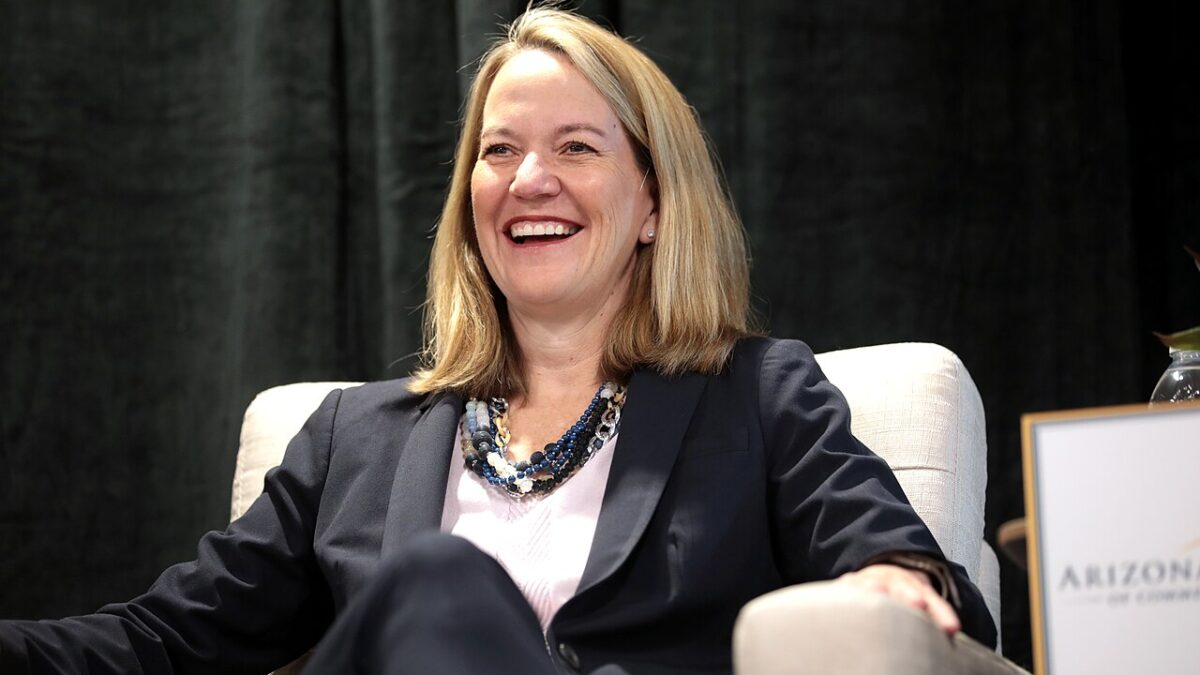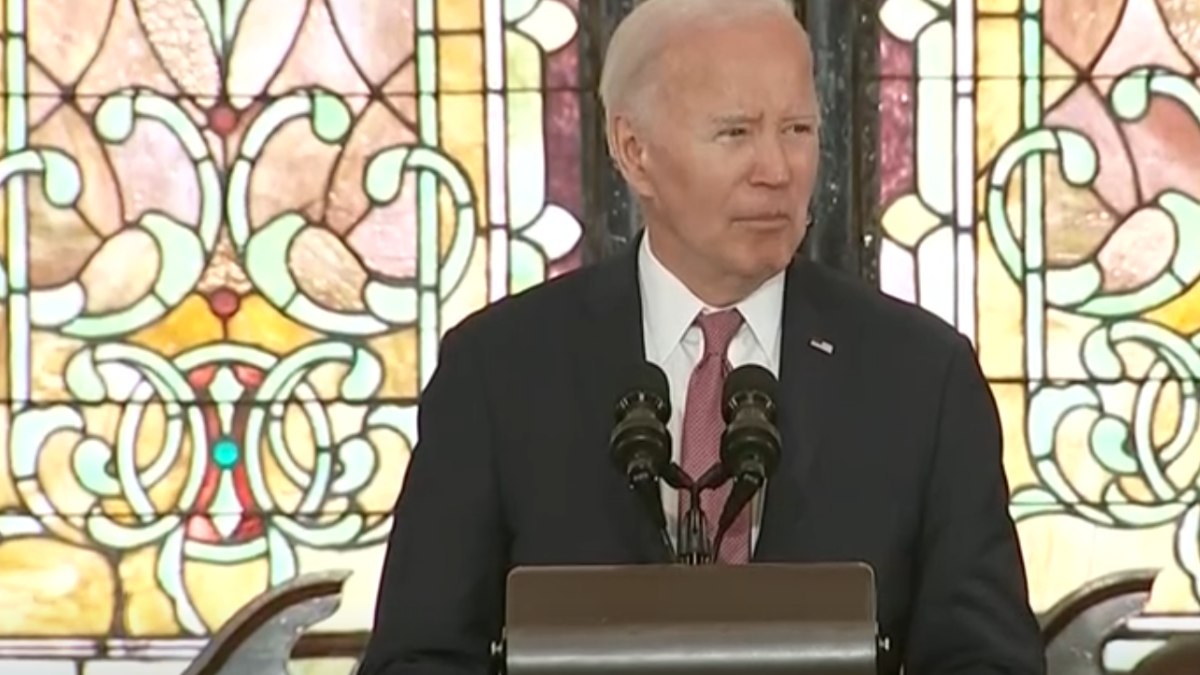
LOS ANGELES — William Hernandez has been working with the Valley Food Bank in Pacoima, Calif., for 17 years and has rarely seen such high demand.
From serving $300,000 worth of groceries each year to area families in need more than 15 years ago, the donation-based food bank in suburban Los Angeles now handles upwards of $1.5 million per month. The center has had to adjust its operations to limit volunteers and contacts while going from feeding, on average, around 3,900 families to 10,000 families per month.
“It’s a challenge,” Hernandez, who is the director of the enterprise said, but emphasized in an interview with The Federalist while providing a tour of the facility they’ve been able to manage through generous donations, which have reinforced his faith in public charity. “People want to help.”

Amid the coronavirus panic, California has been among the states hardest hit by the self-inflicted wounds of Democratic-ordered lockdowns tossing residents into unemployment. Gov. Gavin Newsom and Democrat mayors have declared their ability to sustain themselves non-essential.
California, subject to some of the harshest restrictions in the country, ranks 29th in rates for COVID mortality but 48th in nationwide unemployment with a rate of 8.5 percent, according to the Bureau of Labor Statistics. In contrast, Florida, a state with a far higher population of seniors as a proportion of its residents ranks 27th in its COVID mortality rate despite its far looser restrictions, giving it an unemployment rate of 4.7.
Angela Marsden, a Los Angeles restaurant owner who went viral last fall for airing her frustrations at the city permit of a catered movie set next to her shut-down business, has seen the economic devastation first hand and was just weeks from unemployment herself.
Bar owner in Los Angeles CA is livid to see that mayor Garcetti has approved an outdoor dining area for a movie company directly across from her outdoor dining area (which was shut down) pic.twitter.com/jkUP2CWg35
— Jake Coco 🙏🏻💙🇺🇸 (@jakecoco) December 4, 2020
“I would have been done in January, it was over for me,” Marsden told The Federalist, had donations not come in to save her business, which had been breaking even under the restrictions. Friends, however, she added through tears, are “literally being wiped out.” She’s trying to stay afloat pouring money into sanitation and other resources just to keep customers coming under government guidelines.
The outrage over these restrictions’ cost and poor results have provoked campaign organizers to successfully gather more than 2 million signatures to petition for a gubernatorial recall pending verification from state officials.
Hernandez has been on the front line of serving those in need, adapting processes to distribute supplies to 10 area partners while consumption has risen with more people staying at home. Whereas its facilities for direct distribution used to operate as open markets where people could “shop,” volunteers now package goods and provide bundles for pick-up.

The strategy is not without its downsides, Hernandez said. He emphasized the drive-thru format limited opportunities to form connections with the residents they serve and enhance their assistance. For example, after workers got to know guests, some would be recruited to volunteer themselves.
“Not for their brain,” Hernandez said, noting they would be given simple tasks such as greeting or sorting. The roles provide such individuals a routine with newfound pride and purpose.
“They’re like a wilted flower that got watered,” Hernandez told The Federalist. “They’re so much better off working.”
Hernandez cited the story of an elderly woman they delivered to before the pandemic who appeared to have newspapers stacked up in her home. When asked about the papers throughout the house, she told Hernandez she never actually read what was on the page but instead used them to know the date, since she couldn’t comprehend a calendar anymore.
She was too afraid to tell her kids, for fear she might be sent to a nursing home. Hernandez recruited her to volunteer at the Valley Food Bank and reported a world of difference.
“She’s way more cognitive in what she’s doing,” Hernandez said.
The food bank has found other ways to get creative with those it serves. Workers slip recipes into bundled packages for pick up to encourage families to consume the healthier items in their collection. Operators avoid playing “nutrition police,” as Hernandez puts it, but still promotes clean and healthy options.
No items go to waste. While multigrain and wheat bread products are first to go, for example, white breads are still served, along with pastries to ensure no inventory spoils. Sugary drinks such as soda, though, are only distributed on holidays or to those preparing to host special occasions.

Many who seek help, Hernandez told The Federalist, appear to not possess a good understanding of basic nutrition.
“Two weeks of a balanced diet,” Hernandez said, “and we see a whole new person.”



